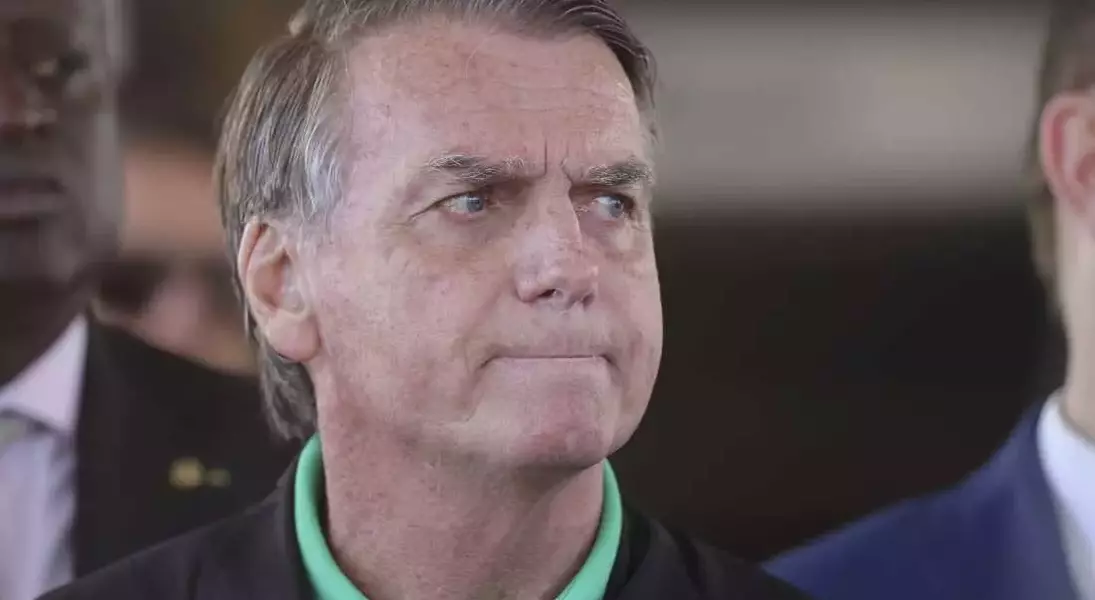
Brazil's political landscape has been rocked by the recent decision from the nation's highest court, placing former President Jair Bolsonaro under house arrest. This significant legal action stems from accusations that Bolsonaro masterminded a plot to subvert the democratic process and cling to power after his electoral defeat in 2022. The unfolding drama is set against a backdrop of complex international relations, notably a brewing trade dispute with the United States under the Trump administration, which has openly criticized the judicial proceedings against Bolsonaro.
This case not only scrutinizes Bolsonaro's past actions but also casts a long shadow over Brazil's future political stability. The judiciary's firm stance underscores a commitment to upholding the rule of law, even as it faces external pressures and internal divisions. The interplay between domestic legal processes and international political endorsements adds layers of complexity, raising questions about sovereignty and judicial independence. As the nation grapples with these profound challenges, the outcome of Bolsonaro's trial is poised to have lasting repercussions on Brazil's democratic institutions and its standing on the global stage.
Judicial Measures Against Bolsonaro Intensify
The Supreme Court of Brazil has issued a directive placing former President Jair Bolsonaro under house arrest, a pivotal moment in his ongoing legal saga. This decision, announced by Justice Alexandre de Moraes, is a direct consequence of Bolsonaro's alleged non-compliance with earlier precautionary measures. He stands accused of leading a criminal enterprise that sought to overturn the results of the 2022 presidential election. The former president's legal representatives have voiced their immediate intention to challenge this ruling, asserting that his public statements, made through his sons, do not constitute a breach of his judicial obligations.
This judicial action has drawn considerable international attention, particularly from the United States, where former President Donald Trump has publicly linked the trade tariffs on Brazilian goods to Bolsonaro's legal predicament. The U.S. State Department's Bureau of Western Hemisphere Affairs has openly condemned the house arrest order, interpreting it as an attempt to stifle political dissent. They have called for Bolsonaro's unrestricted right to speak, signaling a clear divergence in perspective between the two nations regarding the handling of this high-profile case. Meanwhile, Brazilian authorities remain tight-lipped on the international criticisms, focusing instead on the legal process at hand.
The Broader Implications for Brazil's Political Climate
The legal proceedings against Jair Bolsonaro extend beyond his personal culpability, delving into accusations of conspiracy to undermine the democratic foundations of Brazil. Prosecutors contend that the former leader orchestrated a scheme to nullify the 2022 election outcome, including alleged plans to target President Lula and Justice de Moraes. Previous court orders had already restricted Bolsonaro's movements, imposing an electronic ankle monitor and a curfew. The recent house arrest order further tightens these restrictions, compelling him to remain in Brasilia and limiting his visitors to immediate family and legal counsel, with all personal mobile devices confiscated.
This case resonates deeply within Brazil, especially given the history of former presidents facing legal challenges post-tenure. It follows a period of significant political unrest, including the January 2023 attacks on government buildings by Bolsonaro's supporters, an event widely seen as an attempt to challenge the election results. Political analysts suggest that Bolsonaro's house arrest could galvanize the opposition, setting the stage for a tumultuous political period leading up to the 2026 elections. The judiciary's resolve to apply the law equally to all, irrespective of political stature, is being tested, with the outcome poised to define the trajectory of Brazil's democratic governance and its constitutional integrity in the years to come.
